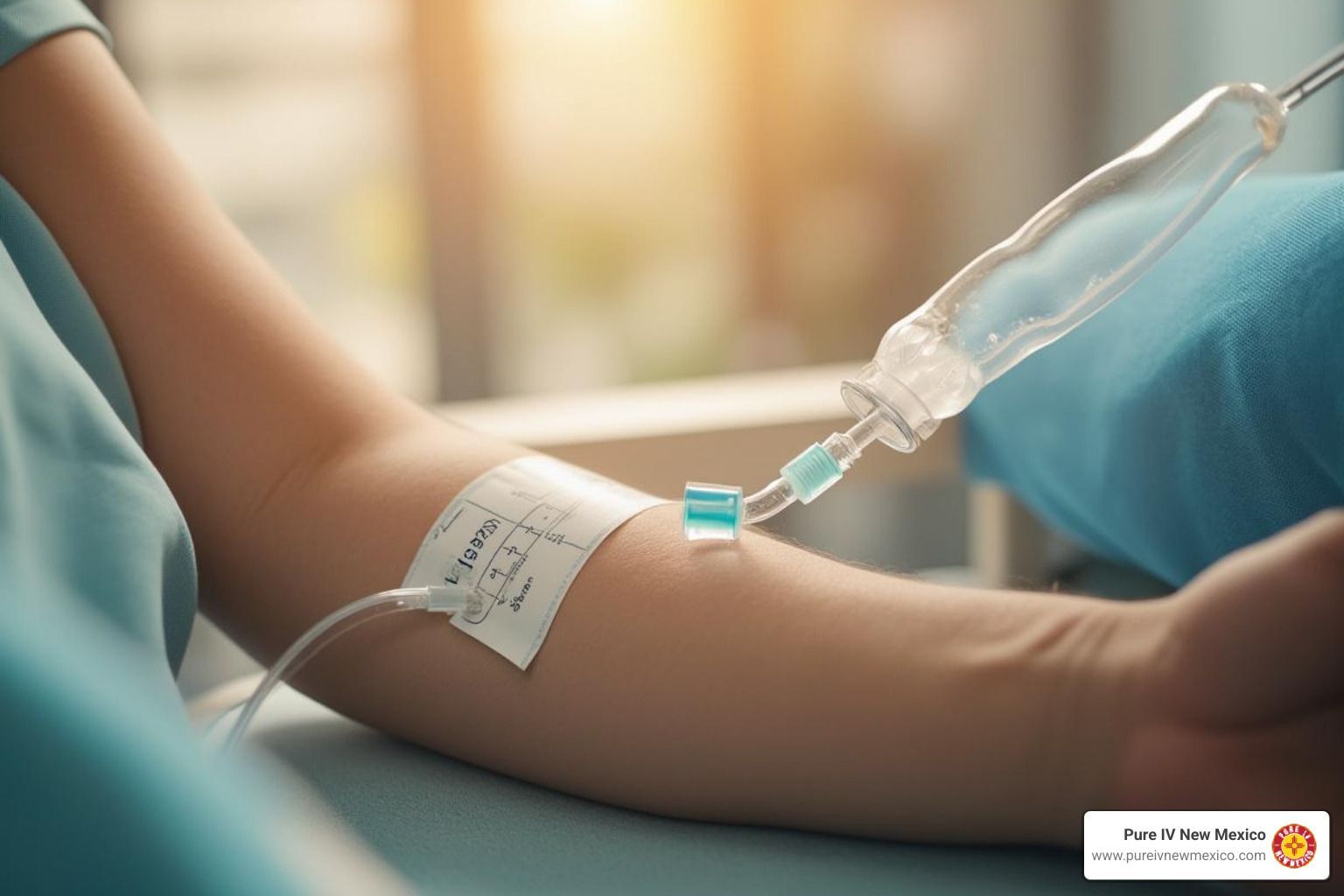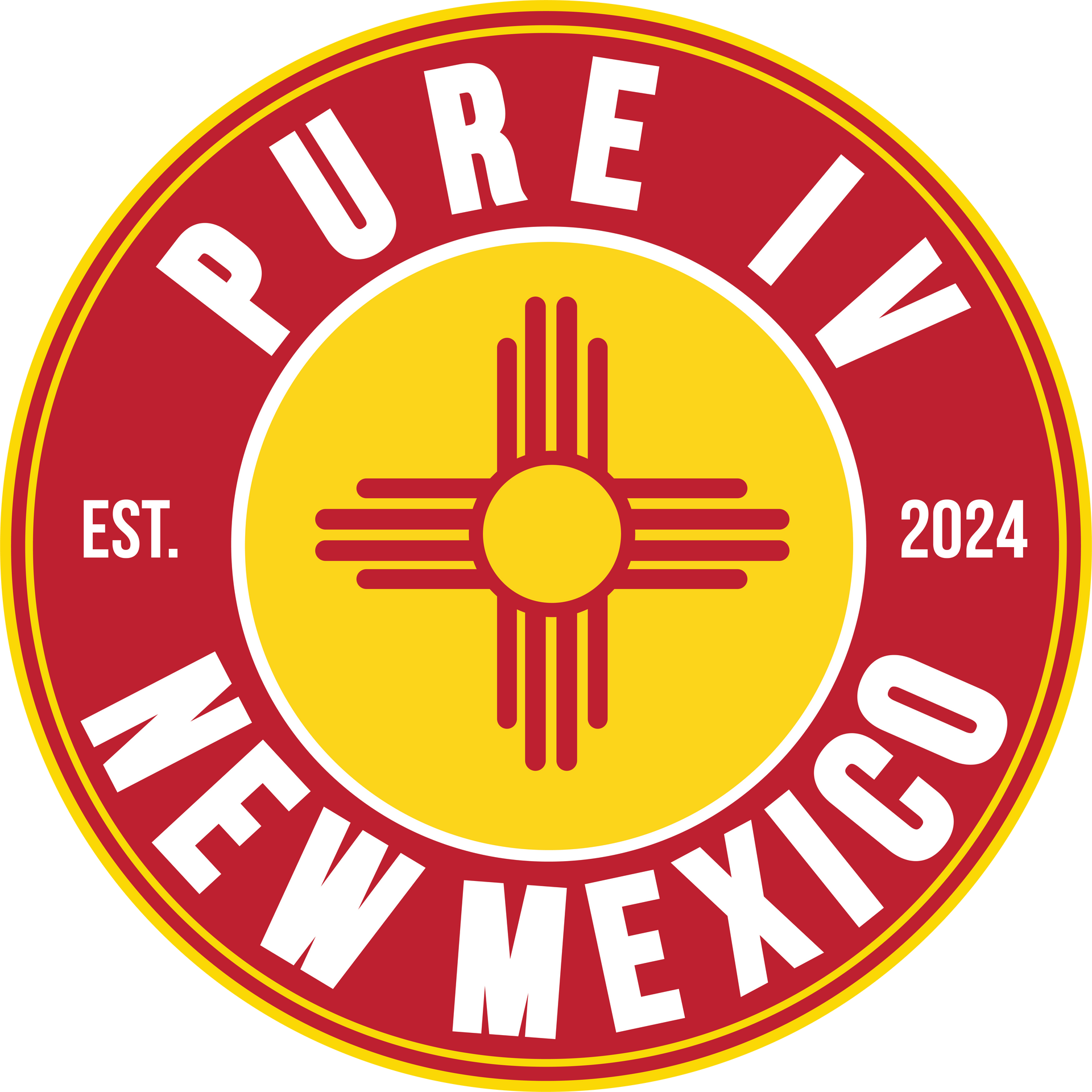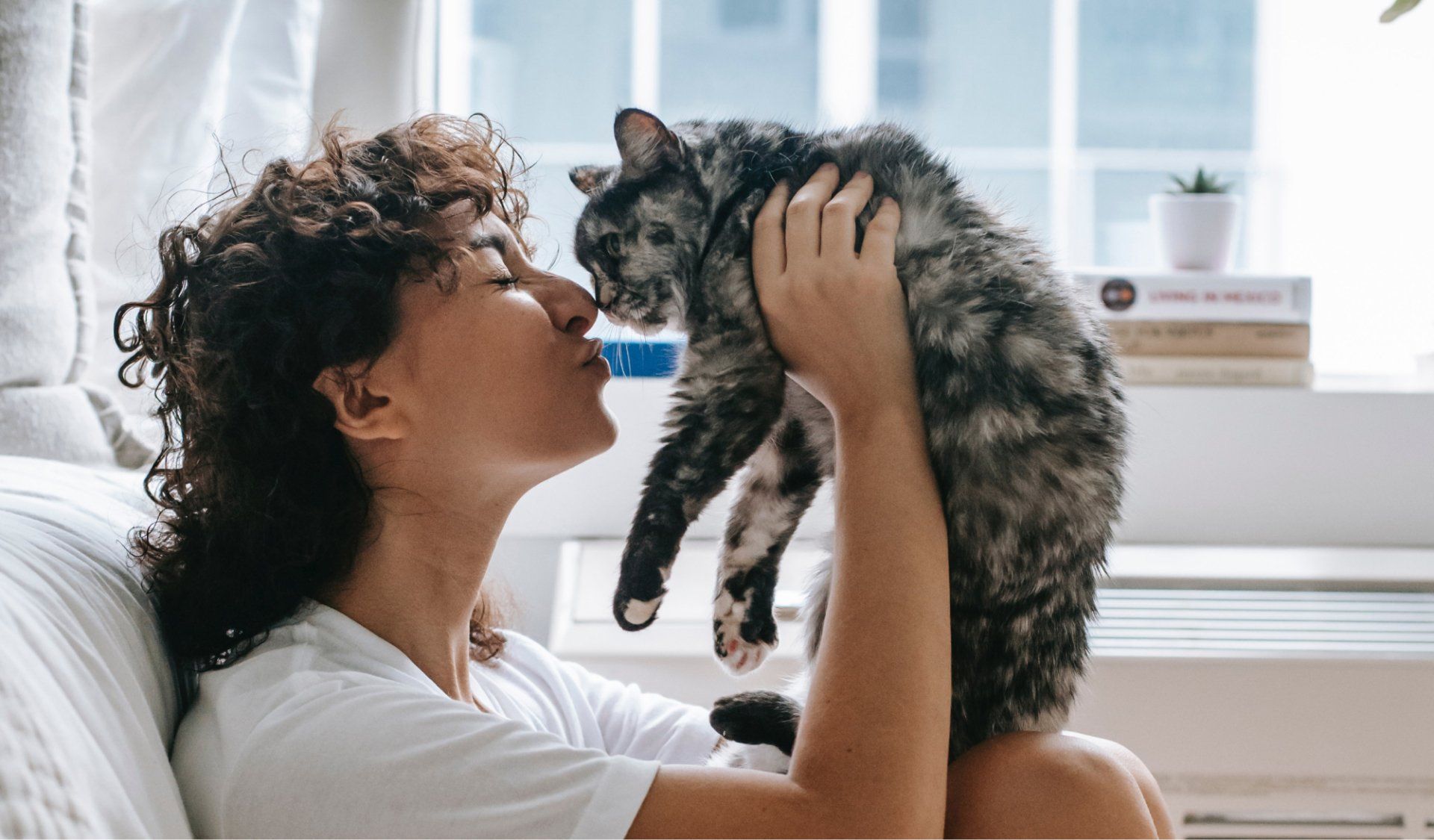2-Day Hangover: What It Is, Common Symptoms, and Recovery

Medically reviewed by Micaela Strevay, FNP-C, PMHNP-BC
Table of Contents
Is a 2-day hangover even a thing? You’ve heard and probably experienced a hangover after drinking alcohol.
A 2-day alcohol hangover occurs when alcohol’s effects on your body last longer than the typical 8–24-hour period. Instead of feeling better after a night’s sleep, symptoms persist into the following day, or even two full days. This can impact your work, relationships, and overall well-being.
But why does it last so long? The answer lies with the alcohol metabolism processes.
When you drink, alcohol quickly enters the bloodstream, raising the blood alcohol concentration. The liver works to break down ethanol into acetaldehyde, a toxic byproduct, before neutralizing it. If the alcohol consumption is higher than the liver can process, toxins build up, hydration levels drop, and sleep patterns are disrupted.
For some people, the body struggles to “catch up,” leaving them with prolonged alcohol hangover symptoms.
Common Symptoms of a 2-Day Hangover
While a regular hangover may leave you groggy or nauseous, a 2-day hangover amplifies these symptoms and extends their duration. People often experience:
- Severe headache and light sensitivity: Migraines or throbbing pain that lingers.
- Dehydration and dry mouth: Even constant water intake may not feel like enough, and a sports drink alone may not be sufficient to correct fluid loss.
- Persistent fatigue: Low energy, trouble concentrating, and a sense of being “wiped out.”
- Digestive issues: Nausea, diarrhea, stomach cramps, or vomiting.
- Mood changes: Irritability, anxiety, or depression-like feelings.
- Brain fog: Slower reaction times, memory lapses, and difficulty focusing.
Why Do Hangovers Sometimes Last 2 Days?
There’s no single cause for a prolonged hangover; it depends on multiple factors.
Dark liquors such as red wine, whiskey, and brandy contain congeners, fermentation byproducts that intensify hangover symptoms. High alcohol intake, sugary cocktails, or cheap spirits can worsen hangover severity.
Drinking a large volume of alcohol, mixing different types of drinks, or opting for sugary cocktails and cheaper spirits can all increase the severity and length of a hangover.
Another factor is dehydration. Alcohol is a diuretic; it forces the body to lose fluids and electrolytes more quickly. This rapid depletion leads to dizziness, fatigue, and headaches that can persist for days if fluids aren’t replenished properly.
Sleep disruption also plays a role. Although alcohol may make it easier to fall asleep initially, it prevents the deep REM sleep your body needs for recovery. Poor-quality rest leaves you tired the next day and compounds other hangover symptoms, extending their duration.
Age and metabolism further influence recovery time. As people get older, their bodies metabolize alcohol more slowly.
Sex and genetics also make a difference. Women tend to experience more severe hangovers due to lower body water composition, which makes alcohol more concentrated in the bloodstream. Additionally, genetic variations in enzymes that break down alcohol affect how quickly or slowly different people recover.
Last, lifestyle factors such as drinking on an empty stomach, being under stress, or having pre-existing health conditions can all intensify the effects of alcohol and make hangovers last longer.
Alcohol Risk Alert: Prolonged alcohol consumption increases the risk of alcohol use disorder and alcohol poisoning.
How to Recover From a 2-Day Hangover

There’s no magic pill for an instant cure for a 2-day hangover, but there are several remedies that can ease symptoms and speed up recovery.
- Drink plenty of water and electrolyte-rich beverages to replenish lost fluids.
- Eat balanced meals focusing on foods rich in vitamins (especially Vitamin B12), minerals, and antioxidants to help your body process alcohol byproducts.
- Get enough and long rest to give your body time to repair.
- Over-the-counter options like ibuprofen can help with headaches or body aches (always follow dosage instructions).
- A light walk or stretching may improve circulation, reduce fatigue, brain fog, and help flush toxins.
- Still, even with these remedies, recovery can feel painfully slow, especially when you need to be back on your feet quickly. That’s where Pure IV New Mexico hangover IV treatment comes in.
Still, even with these remedies, recovery can feel painfully slow, especially when you need to be back on your feet quickly. That’s where Pure IV New Mexico hangover IV treatment comes in.
Ready to Ease Your Hangover?
When a hangover refuses to let go, Pure IV New Mexico offers a faster way to recover.
Instead of relying on slow at-home remedies, hangover IV treatment delivers fluids, electrolytes, and vitamins B directly into your bloodstream for rapid absorption and relief.
This approach helps restore hydration, ease nausea, and address electrolyte imbalance more effectively than simply drinking water or resting.
At Pure IV New Mexico, licensed medical professionals come directly to your home, hotel, or office, so you can begin recovering in comfort without the hassle of travel.
With same-day availability and clear, upfront pricing, our care is both convenient and stress-free. We also offer personalized consultations where our licensed nurses review your symptoms and health history before recommending an IV therapy plan.
Your recovery doesn’t need to take days.
Book your mobile IV therapy session with Pure IV New Mexico today and get better soon.




